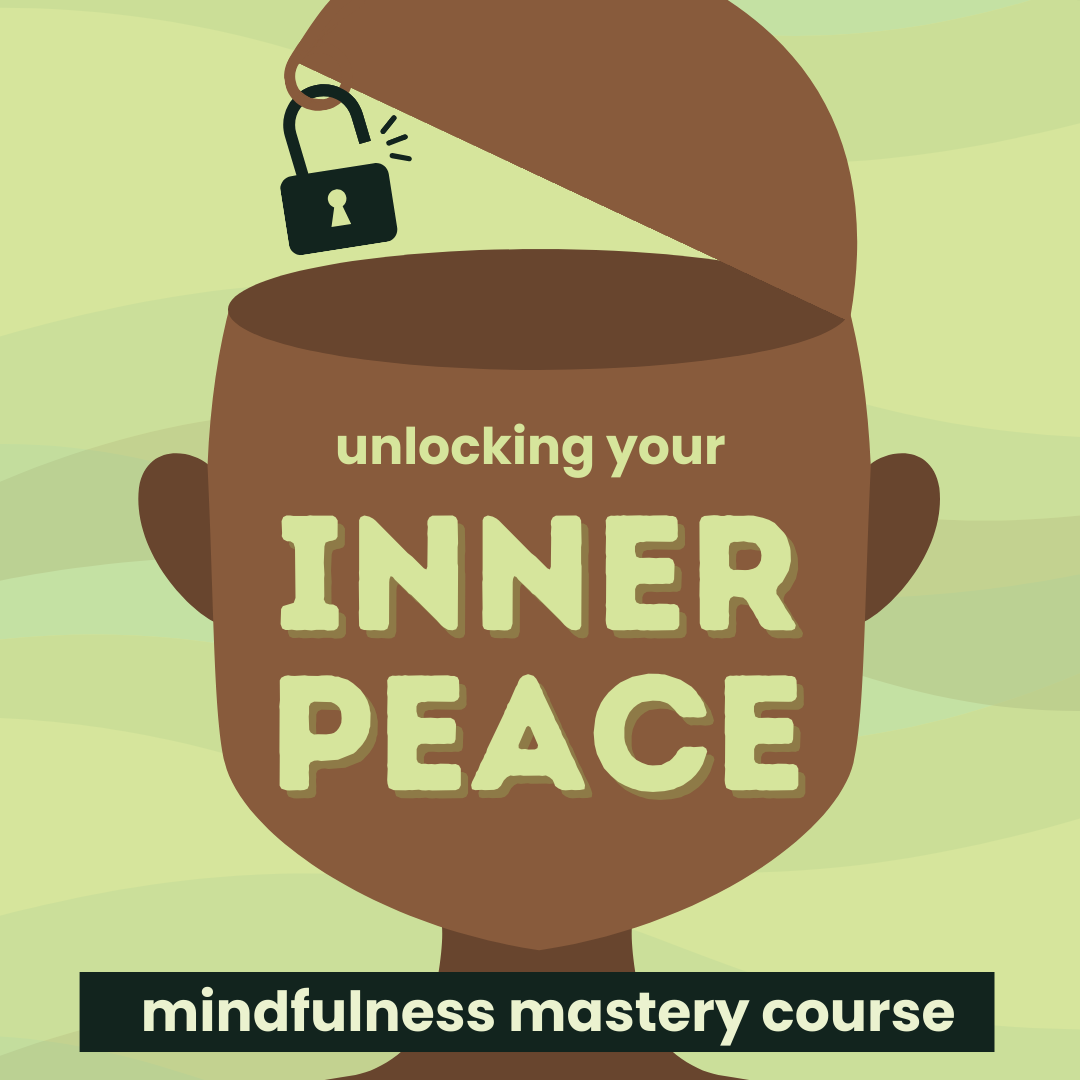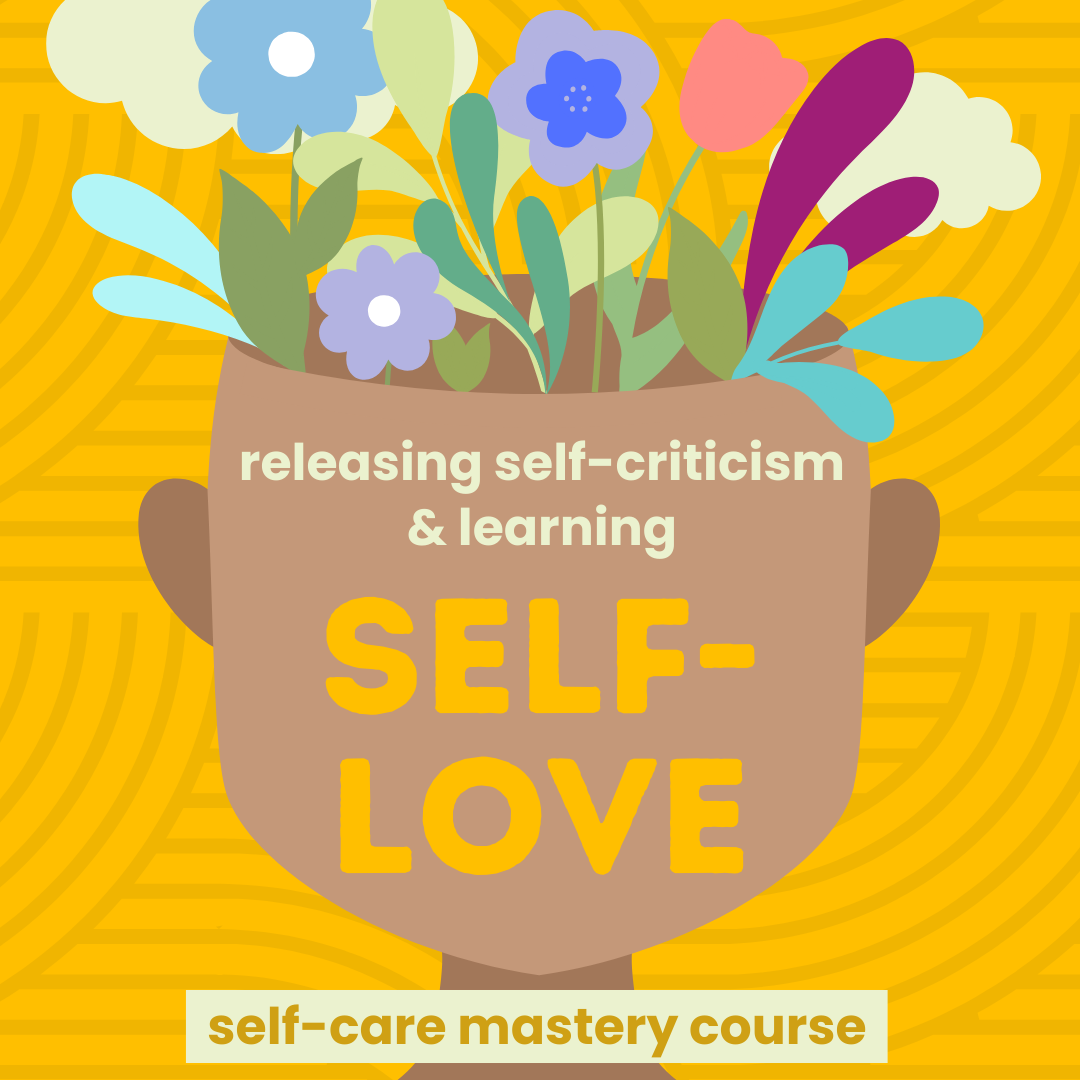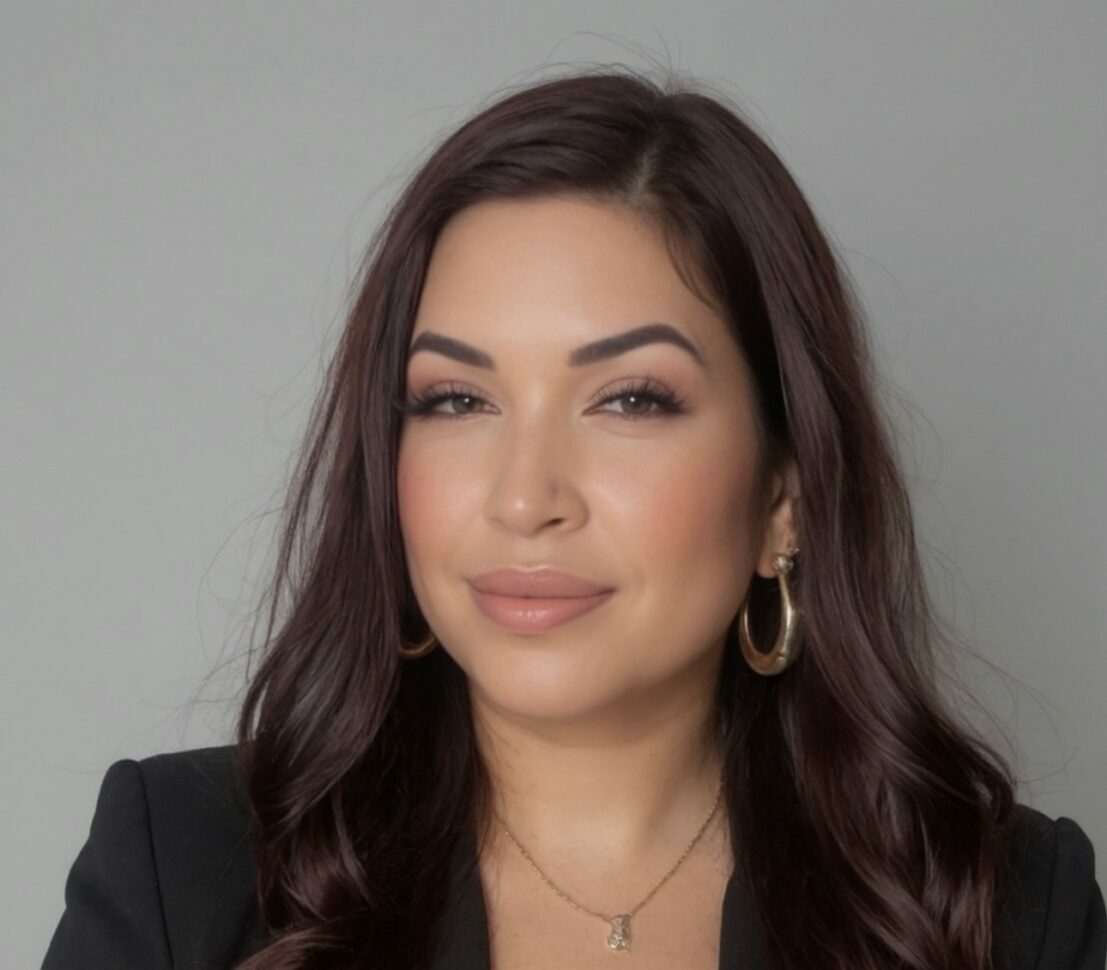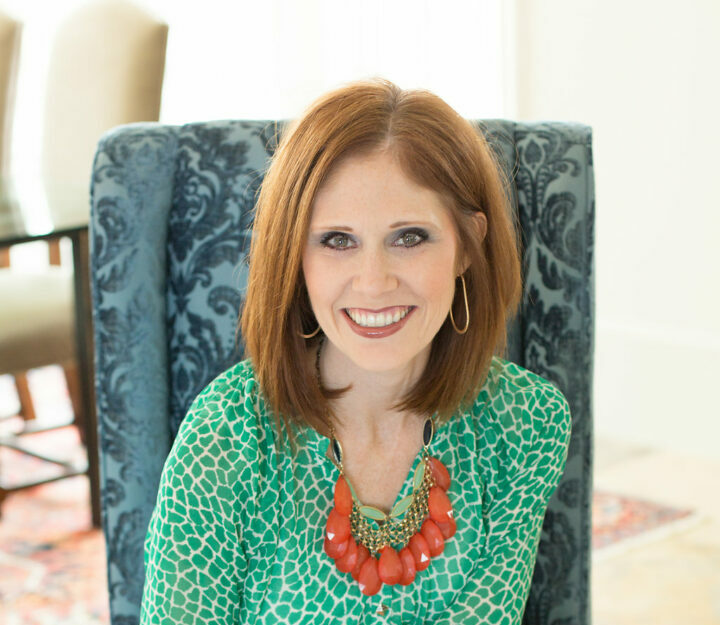We caught up with the brilliant and insightful Dr. Kimberly Vanburen a few weeks ago and have shared our conversation below.
Dr. Kimberly , so great to have you with us today. There are so many topics we want to ask you about, but perhaps the one we can start with is burnout. How have you overcome or avoided burnout?
When I moved to San Antonio, I was brimming with excitement and ambition as a newly minted therapist. My energy seemed boundless, and I was ready to dive headfirst into every opportunity that came my way. The move itself was a significant life change I had left behind the life I knew to marry my active-duty boyfriend, embarking on a new chapter in a new city. Having served in the military myself a few years earlier, this transition felt familiar in some ways but entirely fresh in others. But the story of my military life is one for another time!
Once settled in San Antonio, I began working in neuropsychological testing at the VA. My days were spent assessing functional impairments due to brain injuries a role that was both fascinating and eye-opening. It was an entirely new domain for me, as my earlier experience had been rooted in office therapy with children and families. Neuropsychology was a different world, one that stretched my skills and broadened my perspective.
As captivating as this work was, I found myself missing the deep, meaningful conversations of talk therapy. So, I began seeing kids, couples, and families in the evenings. It was a lot to juggle, but I was determined to make it all work. With a new husband, a new job, and a new city, I convinced myself I could handle it all.
Feeling invincible, I decided it was the perfect time to start working on my Doctorate Degree. That decision marked the beginning of my complicated relationship with burnout.
For a while, I managed it “managed” being the operative word. But a year into the program, the cracks in my seemingly perfect plan began to show. I was on anti-anxiety medication, perpetually sleep-deprived, and always frazzled. My mood oscillated between mild irritability and outright frustration, and it was taking a toll on every aspect of my life. My relationships suffered, my health declined, and despite being constantly busy, I felt deeply unproductive. It was as though my lifestyle choices had created a storm that I couldn’t escape.
Burnout wasn’t a foreign concept to me I had read about it, studied it, and even helped clients navigate it. But experiencing it firsthand was a different beast altogether. The challenge wasn’t understanding what burnout was; it was figuring out how to climb out of it.
Over the years, through trial and error and a lot of self-reflection, I developed a 5-step process to pull myself back from the brink whenever stress threatened to overwhelm me. I call it the F.L.O. model, short for Facing Life’s Obstacles. This model has become my go-to tool, not just for my own well-being but also as a cornerstone of my coaching practice.
Using the F.L.O. model, I’ve been able to find balance, reclaim my health, and rebuild the relationships that matter most to me. It’s a framework I rely on daily to ensure that I’m not just surviving but thriving. And the best part? I get to share it with my clients, helping them navigate their own challenges with greater clarity and resilience.

Let’s take a small detour – maybe you can share a bit about yourself before we dive back into some of the other questions we had for you?
My approach as a coach is rooted in my 17 years of experience in the mental health field. My journey began as a medical technician in the Air Force. I discovered my passion during those moments spent talking to patients enduring extended stays. At that time, I was already a licensed mental health clinician, and this newfound calling led me to establish Balancing Act Life Management Services. I realized that “Life Management Services” resonated more with people than traditional “therapy.” This marked the beginning of a mission to bridge the gap in support for the everyday person balancing work, life, societal stressors, and just being the complicated humans we are.
I’ve learned why people struggle to achieve their goals. It’s not due to a lack of effort, potential, or desire – life is complicated to navigate so we get stuck, stressed, and burned out. I specialize in breakthroughs.
While pursuing my PhD in psychology, I was seeing clients in the evenings and balancing life, marriage, finances and family on top of it all – it became incredibly overwhelming. I’m sure you’ve felt it before too. That’s why, along with addressing limiting beliefs and goal-setting, mastering life management skills like setting boundaries, managing productivity, and prioritizing schedules is crucial for you to make real, lasting change in your life.
My expertise is creating plans for you to achieve your goals and providing you with skills on how to manage life more effectively. Whether you’re starting a business, feeling burned out from managing life and a career, tired of feeling stagnant, or going through a tough life transition, I can help.
Looking back, what do you think were the three qualities, skills, or areas of knowledge that were most impactful in your journey? What advice do you have for folks who are early in their journey in terms of how they can best develop or improve on these?
Change is no small task. Change requires the rewiring of our mindset, habits, and stories we tell ourselves.
My skills and knowledge are in assessing the client’s lifestyle, initiating change through self awareness and assisting clients with identifying their priorities.
I break people free from stagnation, stress, and overwhelm by using my proven FLO (Facing Life’s Obstacles) model that builds a plan based on their unique life ecosystem and goals.
I create coaching plans that start with a comprehensive assessment of life areas, defining the client’s vision for their life. This includes self-reflection work, reviewing and setting goals, discussing progress, and planning clear action steps for future achievements.
My goal in my coaching service is for the client to feel empowered to succeed by being given thoughtful strategies, lessons, and tools that are realistic and actionable.
I want them to realize their potential and feel in charge of their life – I know what is possible, but it requires hard work, commitment, and diligence. THAT is what I help the clients focus on.

Who is your ideal client or what sort of characteristics would make someone an ideal client for you?
My ideal client is someone who feels unproductive or resentful at work, motivated to pivot into something new, and eager to develop key professional skills such as managing difficult conversations, time management, and confidence. These characteristics indicate a client who is at a crucial turning point, emotionally ready for change and seeking support and accountability. Their clarity of motivation, openness to new strategies, and focus on tangible skills create an ideal foundation for coaching. With a strong desire for growth and actionable improvements, they are likely to be engaged, committed, and receptive, making your guidance highly impactful.
Contact Info:
- Website: https://www.balancingactlms.com
- Instagram: https://www.instagram.com/balancingact_lms/
- Facebook: https://www.facebook.com/BalancingActLMS
- Linkedin: https://www.linkedin.com/in/kimberlyvanburen-phd-lmft-s-lpc-s/
- Twitter: https://twitter.com/BalancingActLMS
so if you or someone you know deserves recognition please let us know here.




